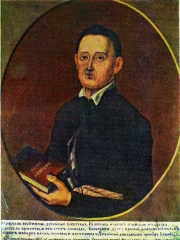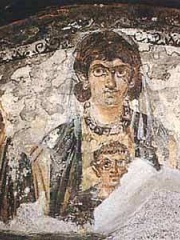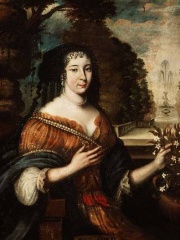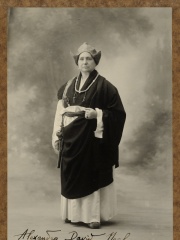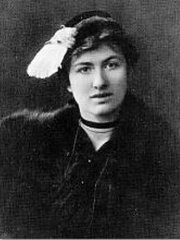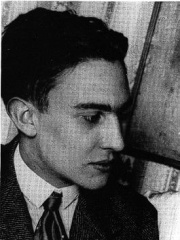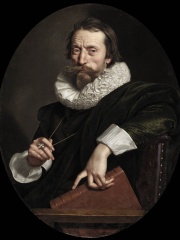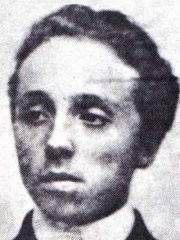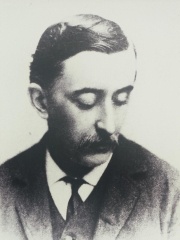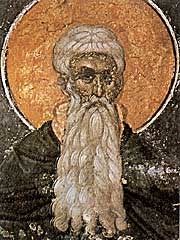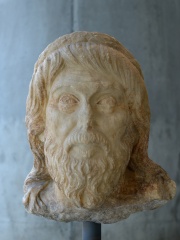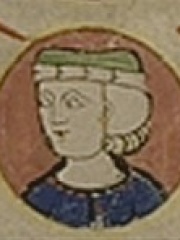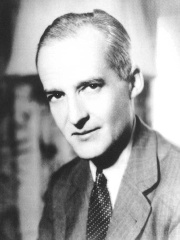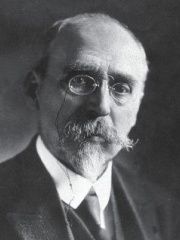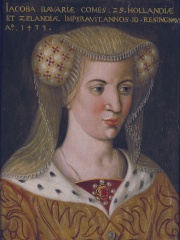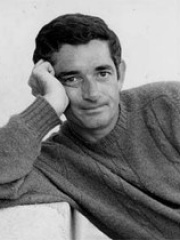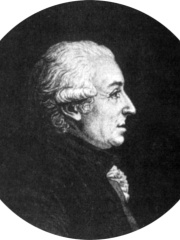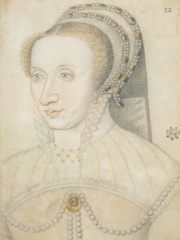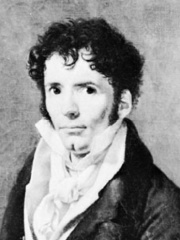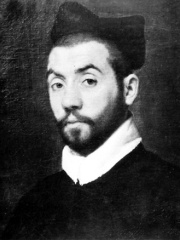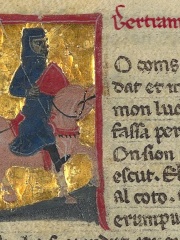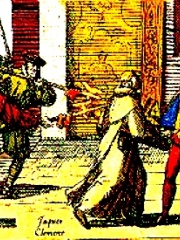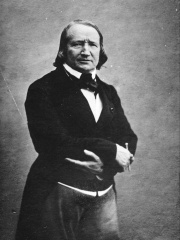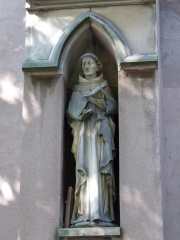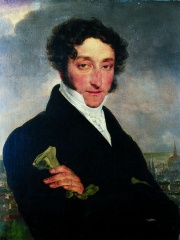WRITER
Paulinus of Nola
354 - 431

 Paulinus of Nola
Paulinus of Nola
Paulinus of Nola (; Latin: Paulinus Nolanus; also anglicized as Pauline of Nola; c. 354 – 22 June 431) born Pontius Meropius Anicius Paulinus, was a Roman poet, writer, and senator who attained the ranks of suffect consul (c. 377) and governor of Campania (c. 380 – c. 381) but—following the assassination of the emperor Gratian and under the influence of his Hispanic wife Therasia of Nola—abandoned his career, was baptized as a Christian, and probably after Therasia's death became bishop of Nola in Campania. While there, he wrote poems in honor of his predecessor Saint Felix and corresponded with other Christian leaders throughout the empire. He is credited with the introduction of bells to Christian worship and helped resolve the disputed election of Pope Boniface I. His renunciation of his wealth and station in favor of an ascetic and philanthropic life was held up as an example by many of his contemporaries—including Augustine, Jerome, Martin, and Ambrose—and he was subsequently venerated as a saint. Read more on Wikipedia
His biography is available in 27 different languages on Wikipedia. Paulinus of Nola is the 1,029th most popular writer (up from 1,036th in 2024), the 1,194th most popular biography from France (down from 1,178th in 2019) and the 153rd most popular French Writer.
Paulinus of Nola was a Latin poet, Christian bishop, and later saint. He is most famous for his poetry, which is often about the beauty of nature and the glory of God.
Memorability Metrics
Page views of Paulinus of Nola by language
Among WRITERS
Among writers, Paulinus of Nola ranks 1,029 out of 7,302. Before him are Gregory Skovoroda, Egeria, Madeleine de Scudéry, Jean-Claude Carrière, Alexandra David-Néel, and Edith Södergran. After him are Sergio Badilla Castillo, Robert van Gulik, Raymond Radiguet, Giambattista Marino, August Kubizek, and Lafcadio Hearn.
Most Popular Writers in Wikipedia
Go to all RankingsGregory Skovoroda
1722 - 1794
HPI: 68.01
Rank: 1,023
Egeria
310 - Present
HPI: 68.01
Rank: 1,024
Madeleine de Scudéry
1607 - 1701
HPI: 68.01
Rank: 1,025
Jean-Claude Carrière
1931 - 2021
HPI: 67.99
Rank: 1,026
Alexandra David-Néel
1868 - 1969
HPI: 67.98
Rank: 1,027
Edith Södergran
1892 - 1923
HPI: 67.96
Rank: 1,028
Paulinus of Nola
354 - 431
HPI: 67.95
Rank: 1,029
Sergio Badilla Castillo
1947 - Present
HPI: 67.95
Rank: 1,030
Robert van Gulik
1910 - 1967
HPI: 67.95
Rank: 1,031
Raymond Radiguet
1903 - 1923
HPI: 67.94
Rank: 1,032
Giambattista Marino
1569 - 1625
HPI: 67.94
Rank: 1,033
August Kubizek
1888 - 1956
HPI: 67.94
Rank: 1,034
Lafcadio Hearn
1850 - 1904
HPI: 67.92
Rank: 1,035
Contemporaries
Among people born in 354, Paulinus of Nola ranks 2. Before him is Augustine of Hippo. After him is Arsenius the Great. Among people deceased in 431, Paulinus of Nola ranks 2. Before him is Plutarch of Athens. After him is Palladius of Galatia.
Others Born in 354
Go to all RankingsAugustine of Hippo
PHILOSOPHER
354 - 430
HPI: 90.39
Rank: 1
Paulinus of Nola
WRITER
354 - 431
HPI: 67.95
Rank: 2
Arsenius the Great
RELIGIOUS FIGURE
354 - 449
HPI: 65.55
Rank: 3
Others Deceased in 431
Go to all RankingsPlutarch of Athens
PHILOSOPHER
350 - 431
HPI: 68.19
Rank: 1
Paulinus of Nola
WRITER
354 - 431
HPI: 67.95
Rank: 2
Palladius of Galatia
RELIGIOUS FIGURE
363 - 431
HPI: 57.86
Rank: 3
In France
Among people born in France, Paulinus of Nola ranks 1,194 out of 6,770. Before him are Robert I, Count of Artois (1216), Jean-Claude Carrière (1931), Alexandra David-Néel (1868), Luis Federico Leloir (1906), Ferdinand Buisson (1841), and Jacqueline, Countess of Hainaut (1401). After him are Anne L'Huillier (1958), Raymond Radiguet (1903), Jean Eugène Robert-Houdin (1805), Jacques Demy (1931), Mathurin Jacques Brisson (1723), and Margaret of France, Duchess of Berry (1523).
Others born in France
Go to all RankingsRobert I, Count of Artois
POLITICIAN
1216 - 1250
HPI: 67.99
Rank: 1,188
Jean-Claude Carrière
WRITER
1931 - 2021
HPI: 67.99
Rank: 1,189
Alexandra David-Néel
WRITER
1868 - 1969
HPI: 67.98
Rank: 1,190
Luis Federico Leloir
CHEMIST
1906 - 1987
HPI: 67.97
Rank: 1,191
Ferdinand Buisson
POLITICIAN
1841 - 1932
HPI: 67.96
Rank: 1,192
Jacqueline, Countess of Hainaut
POLITICIAN
1401 - 1436
HPI: 67.96
Rank: 1,193
Paulinus of Nola
WRITER
354 - 431
HPI: 67.95
Rank: 1,194
Anne L'Huillier
PHYSICIST
1958 - Present
HPI: 67.95
Rank: 1,195
Raymond Radiguet
WRITER
1903 - 1923
HPI: 67.94
Rank: 1,196
Jean Eugène Robert-Houdin
MAGICIAN
1805 - 1871
HPI: 67.93
Rank: 1,197
Jacques Demy
FILM DIRECTOR
1931 - 1990
HPI: 67.93
Rank: 1,198
Mathurin Jacques Brisson
BIOLOGIST
1723 - 1806
HPI: 67.92
Rank: 1,199
Margaret of France, Duchess of Berry
POLITICIAN
1523 - 1574
HPI: 67.91
Rank: 1,200
Among WRITERS In France
Among writers born in France, Paulinus of Nola ranks 153. Before him are André Bazin (1918), Nicolas Chamfort (1741), Clément Marot (1495), Madeleine de Scudéry (1607), Jean-Claude Carrière (1931), and Alexandra David-Néel (1868). After him are Raymond Radiguet (1903), Bertran de Born (1140), Jacques Clément (1567), Alfred de Vigny (1797), Johannes Tauler (1300), and Charles Nodier (1780).
André Bazin
1918 - 1958
HPI: 68.07
Rank: 147
Nicolas Chamfort
1741 - 1794
HPI: 68.05
Rank: 148
Clément Marot
1495 - 1544
HPI: 68.05
Rank: 149
Madeleine de Scudéry
1607 - 1701
HPI: 68.01
Rank: 150
Jean-Claude Carrière
1931 - 2021
HPI: 67.99
Rank: 151
Alexandra David-Néel
1868 - 1969
HPI: 67.98
Rank: 152
Paulinus of Nola
354 - 431
HPI: 67.95
Rank: 153
Raymond Radiguet
1903 - 1923
HPI: 67.94
Rank: 154
Bertran de Born
1140 - 1215
HPI: 67.90
Rank: 155
Jacques Clément
1567 - 1589
HPI: 67.82
Rank: 156
Alfred de Vigny
1797 - 1863
HPI: 67.81
Rank: 157
Johannes Tauler
1300 - 1361
HPI: 67.80
Rank: 158
Charles Nodier
1780 - 1844
HPI: 67.79
Rank: 159
